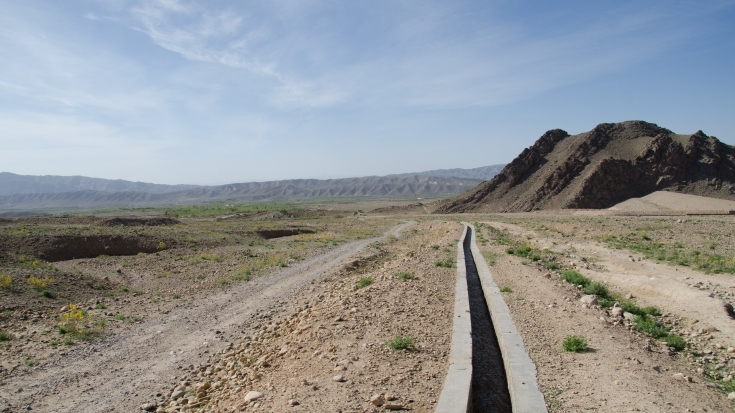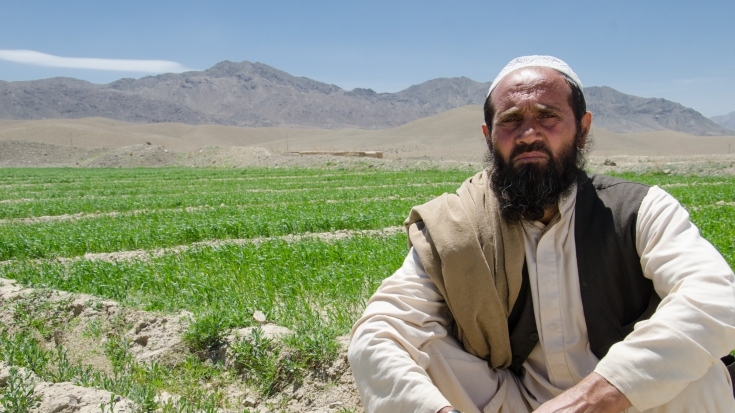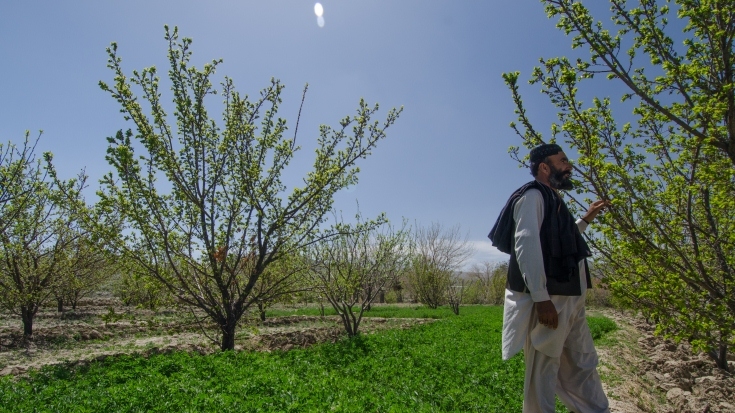Constituting almost 44% of the country’s total land mass, Balochistan is the largest province of Pakistan, with a population of nine million people. Despite being water scarce, agriculture and livestock remain the major sources of income for majority of the highly dispersed population.
The average annual rainfall varies from less than 50 mm in the southwest to about 400 mm in the northeast of Balochistan. With a largely arid climate, surface water and ground water sources can only be replenished by scarce rainfall. Very high evaporation rates make irrigation systems a necessity for agriculture.
During the drought period between 1998 till 2002 in Pishin Lora Basin, located in northwest Balochistan, the number of tube wells swelled. The problem became more acute because of continued over-pumping of groundwater resulting in the depletion of fresh water resources at an annual rate of three meters.
Considering such tough conditions, the World Bank, at the request of the Government of Balochistan (GoB) initiated Small Scale Irrigation Schemes (SSIS) under the umbrella of Balochistan Small Scale Irrigation Project (BSSIP) to improve the management of scarce water resources. The idea was to increase surface water availability and reduce groundwater depletion while strengthening local capacity through participation of farmers in implementing these schemes and formulating plans for sustainable water resources development and watershed management.
Karezes, are the main source of irrigation and drinking water needs in Balochistan. These are underground galleries that tap groundwater from aquifers of the alluvial fans. Underground tunnels with gentle slopes carry water from its source to settled areas. These are small in cross-section but may be many kilometers in length. Karez water is used for irrigation and for drinking water supply. This is a reliable source of water supply given the climatic conditions of the province and is a relatively economical method of tapping groundwater for irrigation, environmentally safe and powered by gravity.
Under the SSIS, the Government of Balochistan, with the help of the World Bank improved and restored 15 independent Karez systems in collaboration with the Farmer Organizations in Pishin Lora Basin. The water conveyance channels from the source to the farms were mostly made of earth, causing almost half the water to be lost to seepage.
According to Farooq Ahmed, Procurement Engineer of Irrigation Department, GoB, “The SSIS did not only focus on improving the existing Karezes and lining irrigation channels but also on providing flood protection and associated structures such as small storage tanks and flow division. Farmers have been trained on how they can take full control of and maintain these systems.” About the sustainability and longevity of the project, Farooq added, “the farmers’ participation is the key to sustainability of the project and their ownership and commitment ensures smooth operation and maintenance. Additionally we are introducing them to efficient water usage through modern irrigation technology and practices such as bubble irrigation under the On Farm Water Management project that is also supported by the World Bank.” Since 2008, when the project began, productivity in the 15 targeted SSIS has increased by 40% and crop intensity and crop yields by 25%.




